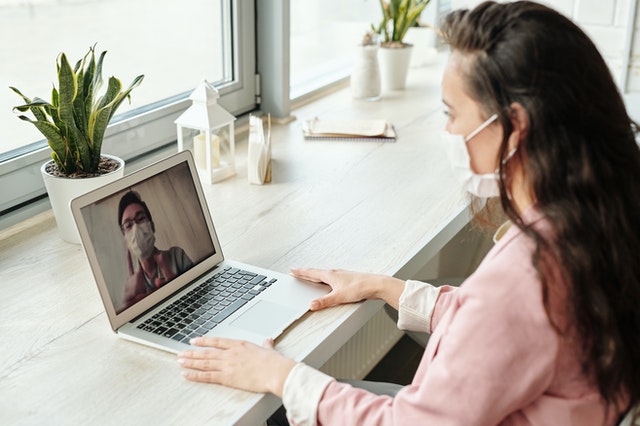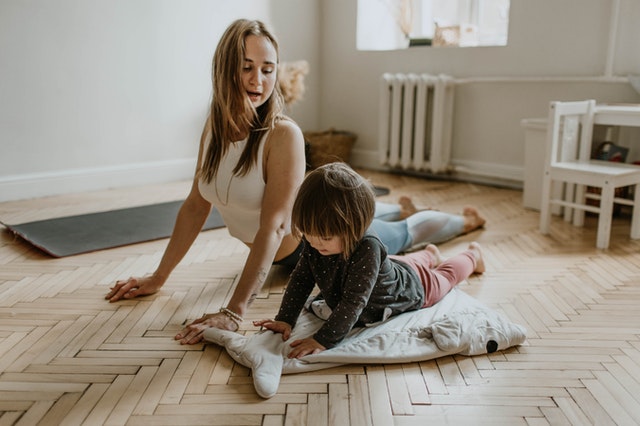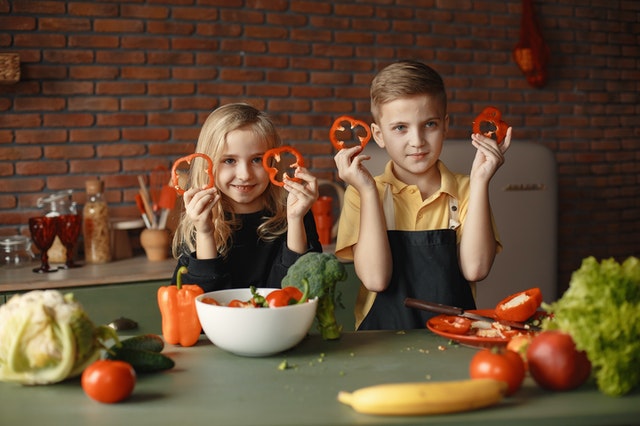A Positive Outlook during this difficult period of time
Back to Resources The outbreak of COVID-19 is causing a lot of mental distress to people over the world. We are flooded by more news each day (including fake ones) and it can be overwhelming, leading to feelings of exhaustion on multiple levels. They can include constant stress and anxiety brought about by feelings of insecurity and uncertainty about the degree of impact this whole pandemic will have globally.
The outbreak of COVID-19 is causing a lot of mental distress to people over the world. We are flooded by more news each day (including fake ones) and it can be overwhelming, leading to feelings of exhaustion on multiple levels. They can include constant stress and anxiety brought about by feelings of insecurity and uncertainty about the degree of impact this whole pandemic will have globally.
Being isolated during these difficult times is unquestionably an additional challenge. Not knowing how long this will last can also be unnerving. Even though a lot happening now is out of our control, we can focus on things that are important to us and that we have control of.
The following are some resources on how to maintain and manage your well-being which can be a first step to gaining strength and resilience to ride out this crisis.
Start having a daily routine
When your home suddenly becomes also your working space shared with other family members (spouse and children), it has potential to become a strained environment. To avoid this, it is best to create a new plan (for yourself as well as other family members) on how you would like to use that 'space' by setting up clear distinctions between work and non-work space and work and non-work time. Divide your home (if possible) into work areas and non working/recreation areas. This will provide you with some structure and will help you to adapt more quickly to this current reality. Working in short blocks with clear breaks will help to maintain your clarity of thought and will also help you manage your anxiety. Following these rules will help you in your daily routine.
Find something that brings you joy
 For your mental well-being it is important to find something that is not work or virus-related and brings you joy. Even if your work hasn’t slowed down - it is more important now to take some time for yourself and be energized. Do anything that helps you relax, from taking walks or reading to catching up with your favorite TV shows. It might also be a good time to try something new. Many virtual platforms offer live streams of a variety of entertainment, from live-streamed concerts to ballet performances, or taking part virtually in ‘social interactions’, such as connecting people online to perform or sing together. Use the time to learn something new and educate yourself. Online platforms like videos and podcasts are great ways for self-studying. If you have always wanted to learn a new language or play an instrument, now may be the time to pursue these hobbies.
For your mental well-being it is important to find something that is not work or virus-related and brings you joy. Even if your work hasn’t slowed down - it is more important now to take some time for yourself and be energized. Do anything that helps you relax, from taking walks or reading to catching up with your favorite TV shows. It might also be a good time to try something new. Many virtual platforms offer live streams of a variety of entertainment, from live-streamed concerts to ballet performances, or taking part virtually in ‘social interactions’, such as connecting people online to perform or sing together. Use the time to learn something new and educate yourself. Online platforms like videos and podcasts are great ways for self-studying. If you have always wanted to learn a new language or play an instrument, now may be the time to pursue these hobbies.
Stay connected
 Connections are important for our physical and mental well-being. Working groups have created virtual forums (like online book clubs or virtual coffee groups) where you can contribute and chat. Companies have also created "co-working" spaces where you can work in the virtual presence of others. Start creating your own group. We are in social isolation, but we don’t need to feel alone.
Connections are important for our physical and mental well-being. Working groups have created virtual forums (like online book clubs or virtual coffee groups) where you can contribute and chat. Companies have also created "co-working" spaces where you can work in the virtual presence of others. Start creating your own group. We are in social isolation, but we don’t need to feel alone.
Families: How to reduce stress levels in children and find new ways of bonding
Copying with stress
Working from home usually starts with much joy and positivity (spending more quality time with the children and spouse). Over a longer period of time that can turn over into frustration, boredom, feeling "boxed-in", and increased levels of anxiety due to uncertainty etc.
This is specially so for parents who also have to look after the emotional wellbeing of their children / teens. They have to take certain measures to try and alleviate their stress. Keep in mind that children and teens react based on what they see from the adults / parents around them.
When parents and caregivers are dealing with the pandemic calmly and confidently they can provide the best support for their children. Share facts about COVID-19 in a way that your child or teen can understand (age-appropriate) and avoid unnecessary overloading of information.
Children react like us adults in different ways to stress. Some might react right away and show some signs, others may show signs of difficulty much later. How a child reacts and the common signs of distress can be different depending on their age, their previous experiences, and how the child typically copes with stress.
Re-bonding
 Working from home and sharing the same space together with children and spouse is a balancing act. With gyms and playgrounds etc closed, outdoor activities will have to turn into indoor activities. This suddenly requires creativity on new ideas and approaches on how to spend the day together. Exploring new ways together can create new opportunities of 're-bonding' with your family members.
Working from home and sharing the same space together with children and spouse is a balancing act. With gyms and playgrounds etc closed, outdoor activities will have to turn into indoor activities. This suddenly requires creativity on new ideas and approaches on how to spend the day together. Exploring new ways together can create new opportunities of 're-bonding' with your family members.
A good opportunity to start as a new activitiy and a great way of re-bonding (apart from playing with your child) might be Cooking!
 Looking out for new recipes and cooking together is not only a good stress-buster but a daily essential need (nutrition is one of the 5 basic needs we need to survive!). We will also learn additional life skills: from buying and choosing the right products to learning more about nutrition facts, and how to prepare food, budgeting, how ingredients interact when cooked etc.
Looking out for new recipes and cooking together is not only a good stress-buster but a daily essential need (nutrition is one of the 5 basic needs we need to survive!). We will also learn additional life skills: from buying and choosing the right products to learning more about nutrition facts, and how to prepare food, budgeting, how ingredients interact when cooked etc.
Difficult times will challenge each of us, but the way we cope with it can make the difference. If we are able to see new opportunities in difficult situations - it can lead to personal growth.
Take that challenge today and stay safe and healthy!
 Ms Irena Constantin is a Occupational & Educational Psychologist who completed her M. Phil (lic. Phil) at the University of Zurich, Switzerland and has specialized in Applied Psychology. Ms Constantin has gained her experience in various fields such as banking, school and clinics.
Ms Irena Constantin is a Occupational & Educational Psychologist who completed her M. Phil (lic. Phil) at the University of Zurich, Switzerland and has specialized in Applied Psychology. Ms Constantin has gained her experience in various fields such as banking, school and clinics.
Back to Resources